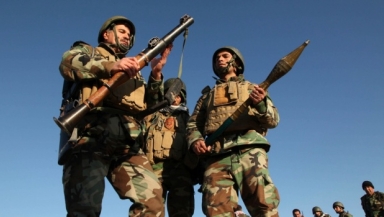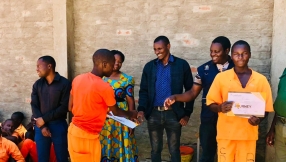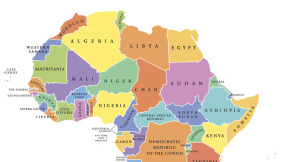
A former Al-Qaeda fighter turned double agent confronted the Muslim community in a recent interview highlighting the dangers of extremism.
Danish national Morten Storm said that Muslims need to do more to end extremist thinking, and that Western governments also need to tackle the issue head on.
"(European) governments live in denial," he said from Paris.
"It's like an alcoholic denying they have a drinking problem. We have a problem with this religion that we need to address honestly."
The 39-year-old converted to Islam in the 90s, and joined Al-Qaeda in 1997. His abrupt radicalisation is evidence of how unpredictable extremism can be. Storm admitted that while governments track terror networks, militants acting alone are harder to pinpoint.
"It's difficult to prevent lone wolf attacks," he said.
"You have to understand what's inside the mind of a person: one day from being a person going to the mosque every day, to one day changing within himself and stabbing someone or running them down with a car -- it's very difficult if not impossible for the intelligence services to stop that."
What can stop the terrorists, Storm insisted, are Muslims condemning extremism. That sentiment is the crux of his upcoming book, "Agent Storm: My Life Inside Al-Qaeda and the CIA," with CNN terror analysts Paul Cruickshank and Tim Lister.
"It's going to be the Muslim communities that are going to have to challenge this ideology," Cruickshank told AFP.
"There are very, very courageous Muslim community leaders across Europe who are standing up, risking their lives to speak out against this and too seldom are they fully backed by Western governments."
Storm warned that saying Charlie Hebdo and other attacks had nothing to do with religion "made a mockery" of the strides tolerant Muslims are trying to make, and encouraged others to stay silent.
"The silence of the majority of Muslims who are not doing anything about ISIS could lead to a war throughout the Middle East," he stated.













